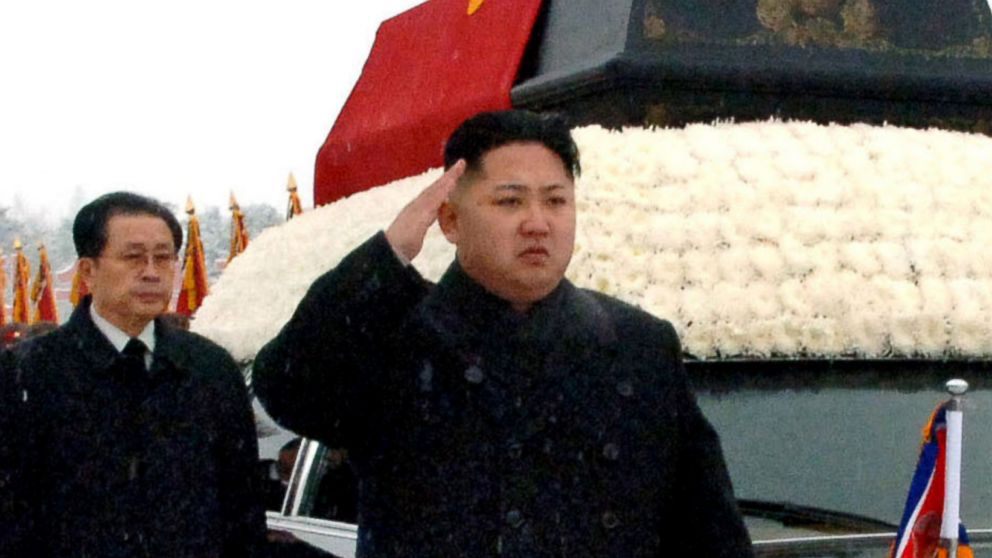Jang Sung-taek convicted as traitor and reportedly sent to the dogs
By Patrick Vaillancourt, News Editor
North Korean officials have rung in the new year claiming a newfound sense of unity within the ruling Communist party in the aftermath of the execution of one of the regime’s most senior leaders.
Jang Sung-taek, the uncle of North Korean leader Kim Jong-un and one widely regarded as the real power in North Korea, was arrested last month in the middle of a government meeting, and sent on the fast-track to trial. Sung-taek was reported to have faced trial on a number of charges, including treason, womanizing, distribution of pornography, and abusing alcohol. The Korean Central News Agency said that “Jang and his followers committed criminal acts baffling the imagination.”
Days after his dramatic arrest last month, Sung-taek and five of his aides were convicted and sentenced to death.
While the execution is said to have taken place in the middle of December, information about the execution has recently been revealed by Chinese media sources—though this information has yet to be confirmed.
Kim Jong-un is said to have ordered the execution after calling his uncle “worse than a dog.” He and more than 300 senior officials watched as Sung-taek and his aides were allegedly placed into a coliseum-like cage and mauled by approximately 120 starving dogs for over an hour.
While past high-profile political executions were carried out by firing squad, the reports on Sung-taek’s method of execution have not yet been addressed by the North Korean government.
Sung-taek was the brother-in-law to former North Korean leader Kim Jong-il, who died in 2011. Kim Jong-il, who had been ill for a number of years prior to his death, appointed Sung-taek to mentor his youngest son and heir.
As Kim Jong-un took the reigns as North Korea’s leader in 2011, many senior officials in the regime reportedly looked to Sung-taek as the true hand of power, secretly viewing Kim Jong-un as too young for leadership and largely untested in the affairs of the state.
It is assumed that Sung-taek’s execution was carried out in order for Kim Jong-un to exert more control over his officials and send a message to his people.
In a new year broadcast on state media, Kim Jong-un said that the execution of his uncle was necessary to maintain the unity of his government.
“Our party’s timely, accurate decision to purge the anti-party, anti-revolutionary elements helped greatly cement solidarity within our party,” said Kim Jong-un.
Sung-taek was a major player in the foreign policy of North Korea, playing key roles within international negotiations regarding nuclear proliferation on the Korean peninsula as well as fostering warm relations with China, one of North Korea’s few allies.
Tensions on the Korean peninsula have been high for much of 2013, and many experts believe that Sung-taek’s execution is the start of a series of provocative actions to be taken by North Korea to keep the regime stable and distracted from troubling domestic issues facing the country, such as North Korea’s ever-softening economy.


